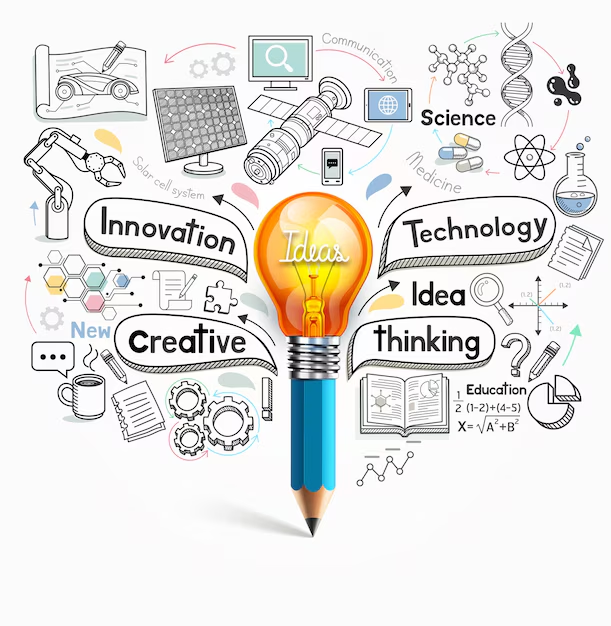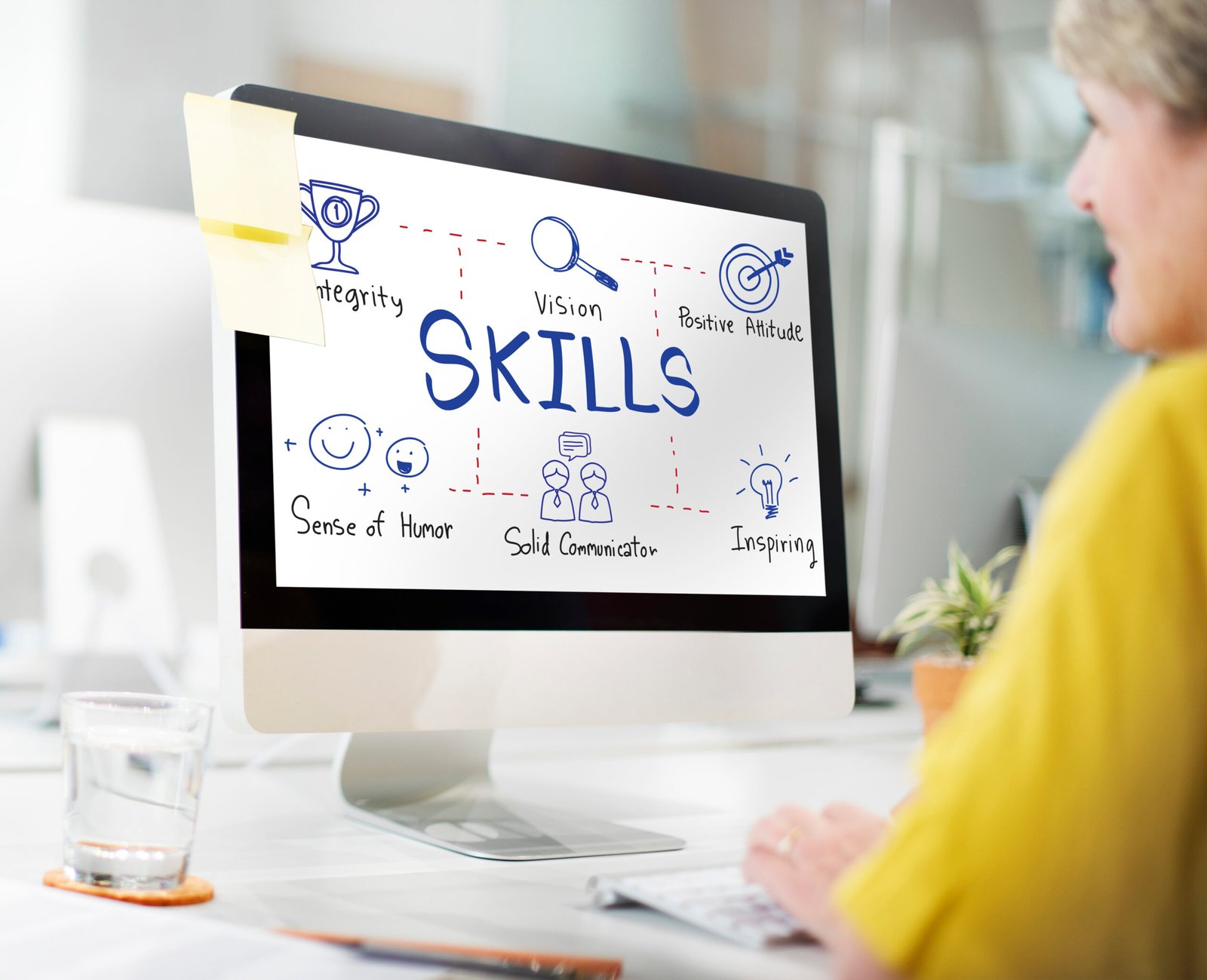In an ever-evolving world where technology, markets, and job roles change faster than ever, skills development has become a necessity—not just a choice. Whether you’re a student aiming for a bright future, a professional striving to grow, or someone looking to reinvent themselves, building the right skills is your most powerful tool.
This blog explores the what, why, and how of skills development in depth.
🔍 What is Skills Development?
Skills development refers to the process of identifying, learning, practicing, and refining abilities that enhance your effectiveness in personal, academic, and professional life. These can be technical skills, like coding or writing, or soft skills, like communication and leadership.
It’s not limited to formal education. In fact, much of it happens outside classrooms—through online courses, hands-on projects, mentorship, self-learning, and real-world experiences.
🌟 Why is Skills Development Important?
- Future-Proofing Your Career:
Technology is replacing repetitive jobs. The only way to stay relevant is to upskill or reskill. - Increased Confidence and Independence:
The more skilled you are, the more confident and self-reliant you become. - Personal Growth:
Skills development isn’t just for careers—it helps you become a better communicator, thinker, decision-maker, and overall individual. - Competitive Edge:
In job interviews or promotions, skills often matter more than degrees. - Adaptability:
In a volatile world, skilled individuals adapt faster to new roles, industries, or technologies.
📚 Types of Skills to Develop
1. Hard Skills (Technical/Professional)
These are job-specific and can be measured. Examples:
- Programming Languages (Python, Java)
- Financial Analysis
- Content Writing
- Graphic Design
- Data Science
- Digital Marketing
🔧 How to build hard skills?
- Online platforms (Coursera, edX, Udemy)
- Certification courses
- Bootcamps
- Internships and hands-on practice
2. Soft Skills (Behavioral/Interpersonal)
These are harder to measure but critical in any field. Examples:
- Communication
- Time Management
- Teamwork
- Adaptability
- Problem-Solving
- Emotional Intelligence
🌱 How to improve soft skills?
- Join clubs or groups (debate, theatre, Toastmasters)
- Read self-help and communication books
- Practice daily (e.g., active listening, journaling)
- Get real-time feedback
3. Digital Skills
In today’s digital age, even non-tech professionals need basic digital literacy:
- MS Excel / Google Sheets
- Social Media Management
- Cloud Computing
- SEO / SEM
- AI Tools like ChatGPT
📲 Learning Tips:
- Free YouTube tutorials
- Skill-specific platforms (like Canva for design, HubSpot for marketing)
4. Leadership and Management Skills
Essential for entrepreneurs, team leads, and ambitious professionals:
- Strategic Thinking
- Delegation
- Conflict Resolution
- Decision-Making
- Project Management
🧠 Pro Tip:
Start with small leadership roles—organize a group project, lead a volunteer team, or mentor juniors.

🎯 How to Build Skills: Step-by-Step Roadmap
Step 1: Self-Assessment
- What are your strengths and weaknesses?
- What skills does your dream job or life require?
Step 2: Set SMART Goals
- Specific, Measurable, Achievable, Relevant, Time-bound
Example: “Learn Advanced Excel in 30 days.”
Step 3: Choose the Right Learning Methods
- Online courses
- Books and blogs
- Workshops/webinars
- Mentorship or coaching
- Real-world practice
Step 4: Apply & Practice
- Do internships, volunteer, or freelance work
- Join online communities or forums (Reddit, Discord)
Step 5: Track Your Progress
- Maintain a portfolio or journal
- Take regular quizzes or practical tests
Step 6: Get Feedback & Improve
- Ask mentors or peers to review your work
- Reflect on failures—learn and adapt
💡 Challenges in Skills Development (And How to Overcome Them)
| Challenge | Solution |
|---|---|
| Lack of Time | Use microlearning; learn 30 mins daily |
| No Clear Direction | Set short-term and long-term learning goals |
| Procrastination | Use habit trackers or accountability partners |
| Too Many Options | Focus on one skill at a time |
| Fear of Failure | Accept learning as a process, not perfection |
🚀 Skills of the Future (2025 & Beyond)
According to the World Economic Forum, the top emerging skills include:
- Analytical Thinking and Innovation
- AI and Machine Learning
- Complex Problem Solving
- Creativity and Initiative
- Emotional Intelligence
- Tech Savviness
- Critical Thinking
✅ Stay updated with industry trends to know which skills will be in demand in your field.
🧭 Final Words: Make Skills Development a Lifelong Habit
Skills development isn’t a one-time task. It’s a continuous journey. The more you learn, the more you grow—not just professionally, but as a person.
Start small. Be consistent. Learn from mistakes. And most importantly, enjoy the process. Because every skill you build is an investment in your future self.
“The future belongs to those who learn more skills and combine them in creative ways.” — Robert Greene



[…] infrastructure in the area. The villagers demanded accountability and asked when long-promised development work would […]